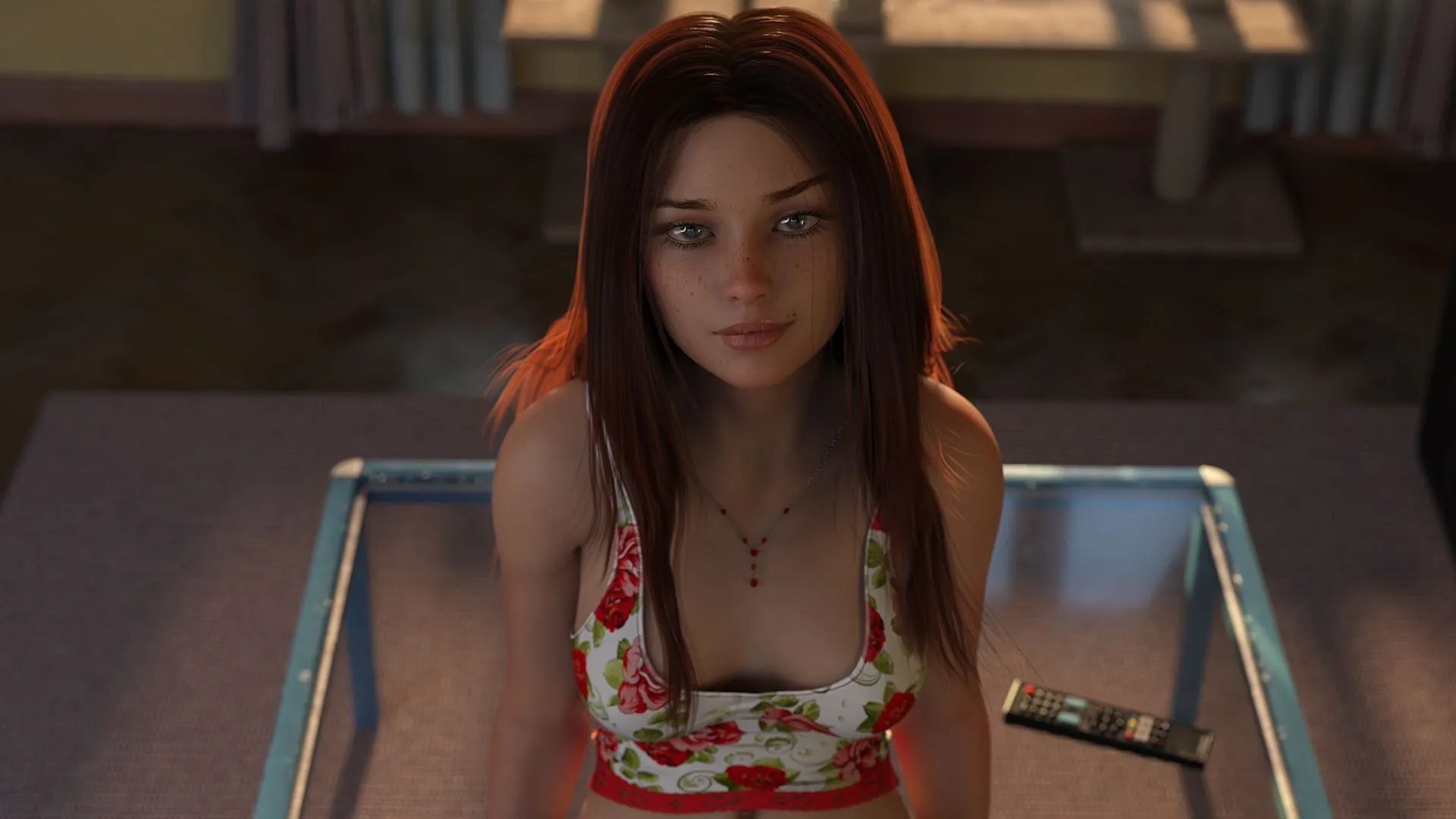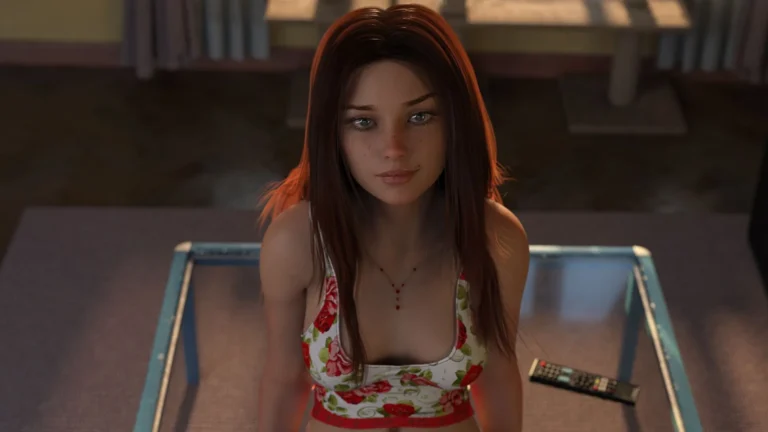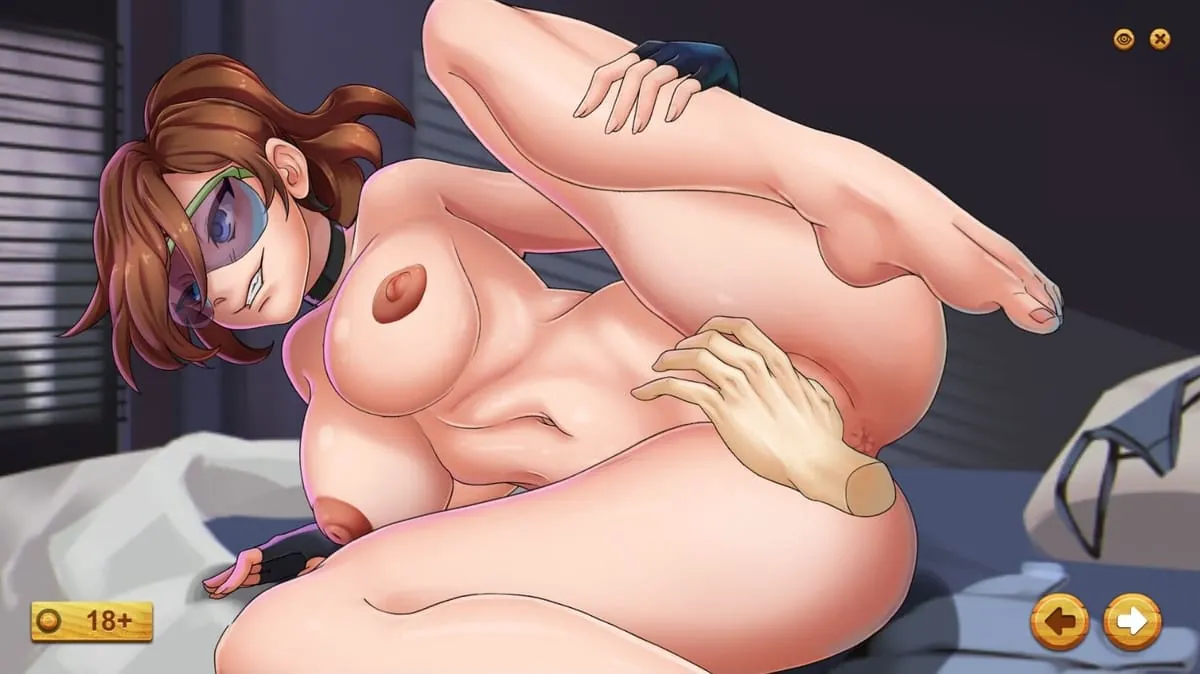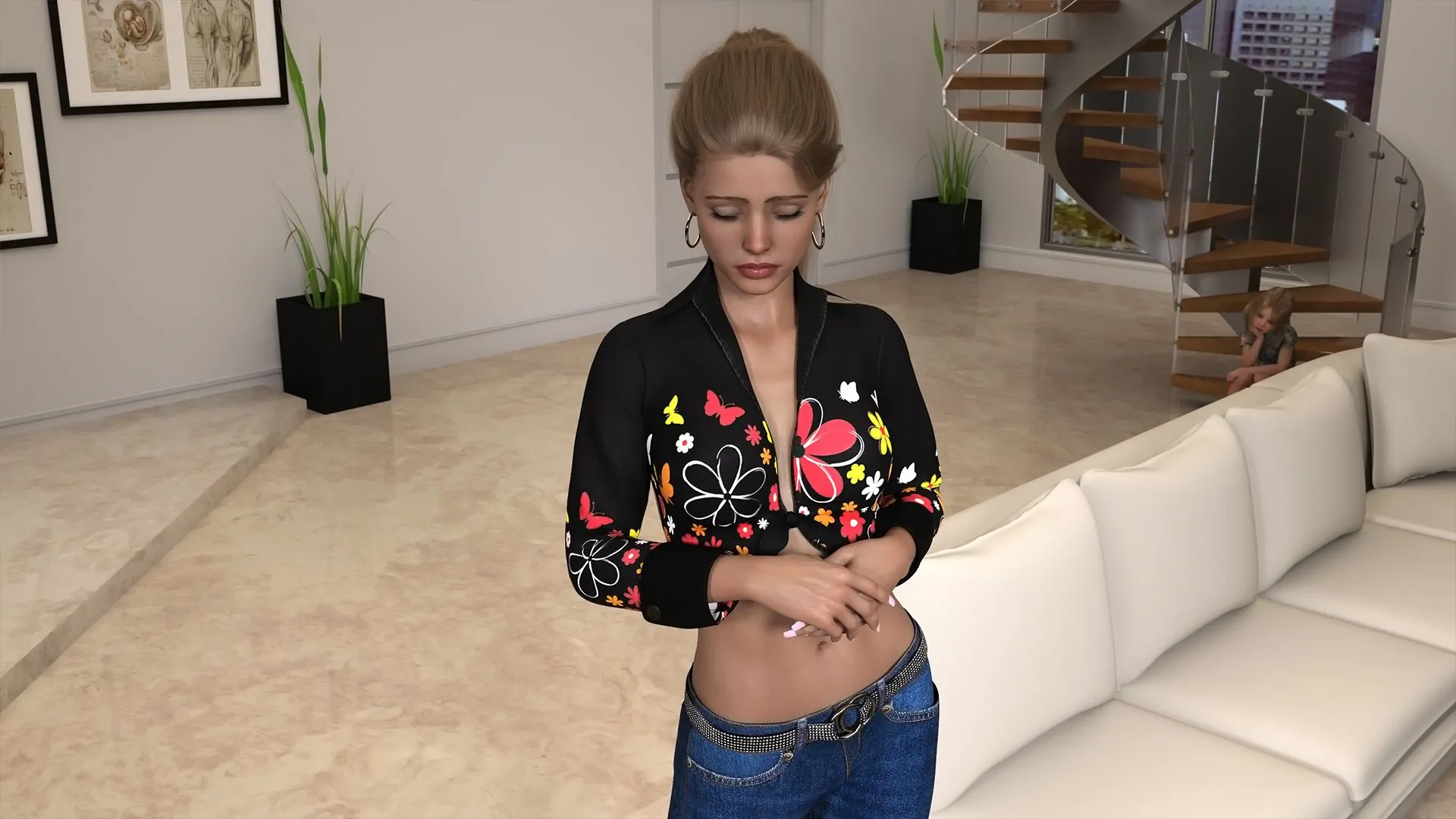
Summer’s Gone
Play Summer’s Gone
Summer’s Gone review
Exploring the Story, Themes, and Gameplay of Summer’s Gone
Summer’s Gone is an immersive interactive visual novel that explores themes of healing, hope, and love through a compelling narrative. Released in 2024, this game invites players to step into the shoes of a young man grappling with depression and isolation while navigating college life and personal challenges. With its rich character development and meaningful choices, Summer’s Gone offers a unique storytelling experience that resonates deeply with players seeking emotional depth and connection.
Understanding Summer’s Gone: Storyline and Themes
What is the core narrative of Summer’s Gone?
Picture this: you’re William, a college student carrying an invisible backpack of grief after a life-shattering loss. 😔 The Summer’s Gone storyline drops you into his shoes as he navigates crippling isolation, haunted by memories while trying to rebuild his shattered world. 🌧️ It’s not just about textbooks and lectures—it’s a raw exploration of how trauma reshapes reality.
The brilliance? You steer William’s recovery through Summer’s Gone narrative choices. Will he shut everyone out after a panic attack in the library? 💔 Or accept a classmate’s invitation to coffee? One choice I made early on—ignoring Bella’s texts—led to William relapsing into nightmares. 😰 That’s the power of this emotional storytelling game: your decisions sculpt his path from despair to tentative hope.
By mid-game, small victories matter. Maybe William finally shares his journal with someone, or laughs genuinely for the first time. ✨ These moments build toward healing, showing how fragmented pieces can slowly mend. 🧩
How does the game address mental health and personal growth?
Let’s get real: mental health in Summer’s Gone isn’t glossed over with cheap tropes. It mirrors real struggles—social anxiety during group projects, depressive spirals after triggers, and the exhaustion of pretending you’re “fine.” 😓 During my playthrough, William’s avoidance of crowded cafeterias hit close to home—I’d been there after my own burnout.
The game tackles personal growth in Summer’s Gone through subtle mechanics. Choosing therapy sessions unlocks deeper self-reflection scenes, while skipping them reinforces destructive habits. 🛋️💡 Bella, for instance, challenges William’s isolation not with pep talks, but by calling out his excuses: “Hiding won’t resurrect the past.” 🔥
Pro tip: When facing heavy scenes, pause. Breathe. Ask: “What would help William right now?” Often, the kindest choice is the hardest.
Relationships become lifelines. Nami’s playful banter distracts William from overthinking, while Professor Reed becomes an unexpected mentor advocating for ambition amid chaos. 🎯 These interactive visual novel themes prove healing isn’t linear—it’s messy, non-judgmental, and profoundly human. 🌱
Who are the key characters and their roles?
The Summer’s Gone characters aren’t sidekicks—they’re mirrors reflecting William’s fractured psyche. Each relationship unpacks different facets of recovery:
- Bella’s tough love forces William to confront his denial.
- Nami’s humor becomes a safe harbor when emotions overwhelm.
- Mila’s own trauma creates rare moments of mutual vulnerability.
Their conflicts aren’t random; they’re narrative catalysts. When I pushed William to argue with Bella about his self-sabotage, it unlocked a breakthrough—he finally admitted feeling “stuck.” 😤 That’s the magic: side characters aren’t decorations. They’re active agents in William’s interactive visual novel themes of connection versus retreat.
Here’s a quick guide to their roles:
| Character | Traits | Role in Story |
|---|---|---|
| William (MC) | Brooding, artistic, guilt-ridden | Your avatar for exploring grief and resilience |
| Bella | Blunt, fiercely loyal, scarred by loss | Challenges denial; represents tough compassion |
| Nami | Energetic, empathetic, class clown | Provides levity; models healthy coping |
| Mila | Quiet, observant, trauma survivor | Offers silent solidarity; reflects William’s isolation |
| Professor Reed | Wise, patient, no-nonsense | Mental health advocate; bridges past and future ambitions |
Notice how their flaws feel authentic? Bella’s “help” sometimes borders on aggressive—a reminder that support isn’t always graceful. 👊 And Mila’s withdrawn nature isn’t romanticized; it shows how trauma silences. When William helps her open up, it echoes his own progress. 🔄 That’s why this emotional storytelling game resonates: every interaction is a step toward wholeness.
Ultimately, Summer’s Gone masterfully wraps heavy themes in intimate storytelling. Whether you’re guiding William through a panic attack or celebrating his first genuine smile, you’re not just playing—you’re relearning how hope flickers in darkness. 🌅 And isn’t that what the best stories do?
Summer’s Gone stands out as a heartfelt interactive visual novel that masterfully blends storytelling with meaningful themes like mental health and personal growth. Its rich characters and impactful choices create an engaging experience that invites players to reflect on healing and connection. Whether you’re drawn to narrative depth or character-driven gameplay, Summer’s Gone offers a memorable journey worth exploring. Dive in and discover the transformative power of this unique game.



















